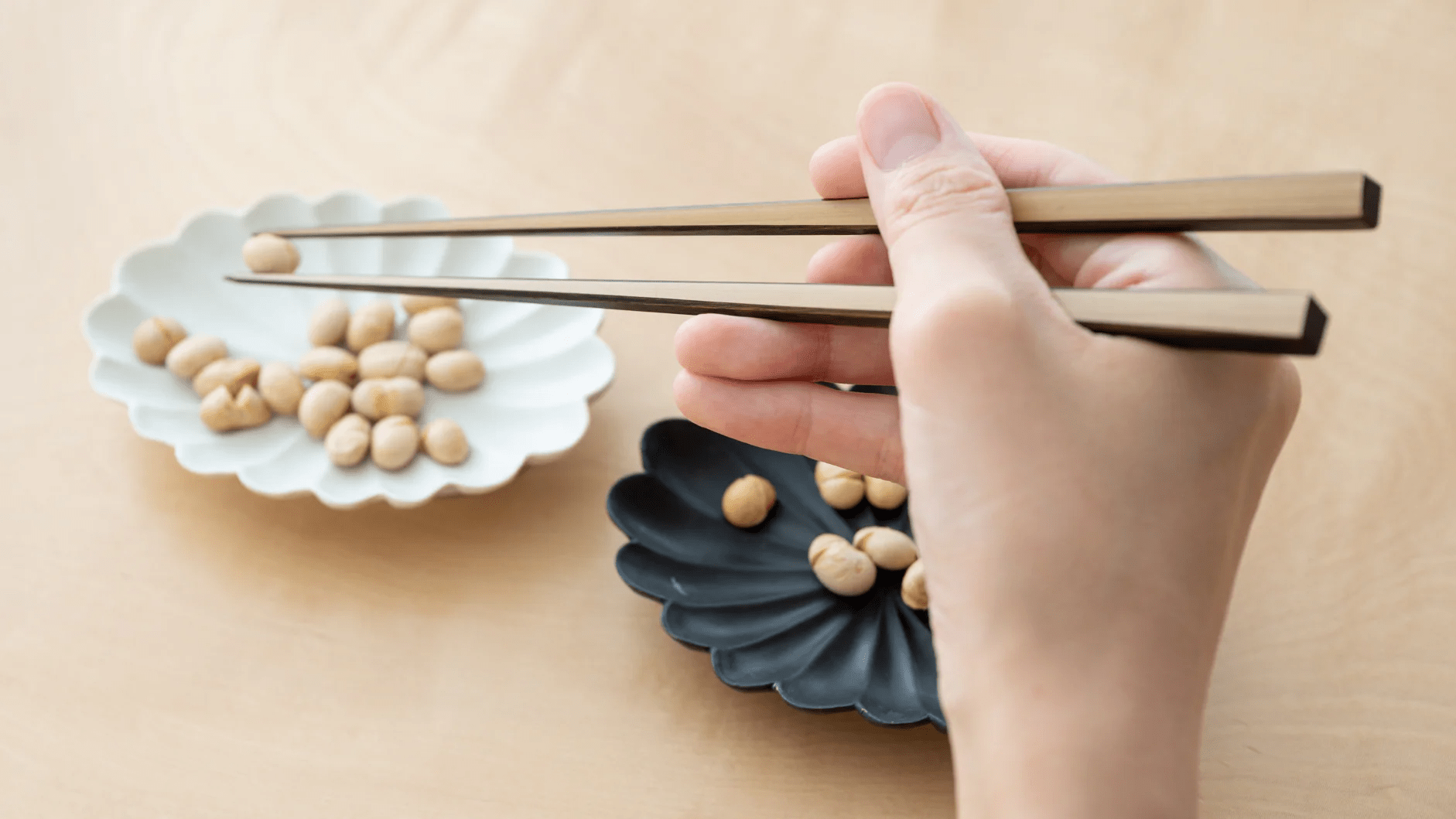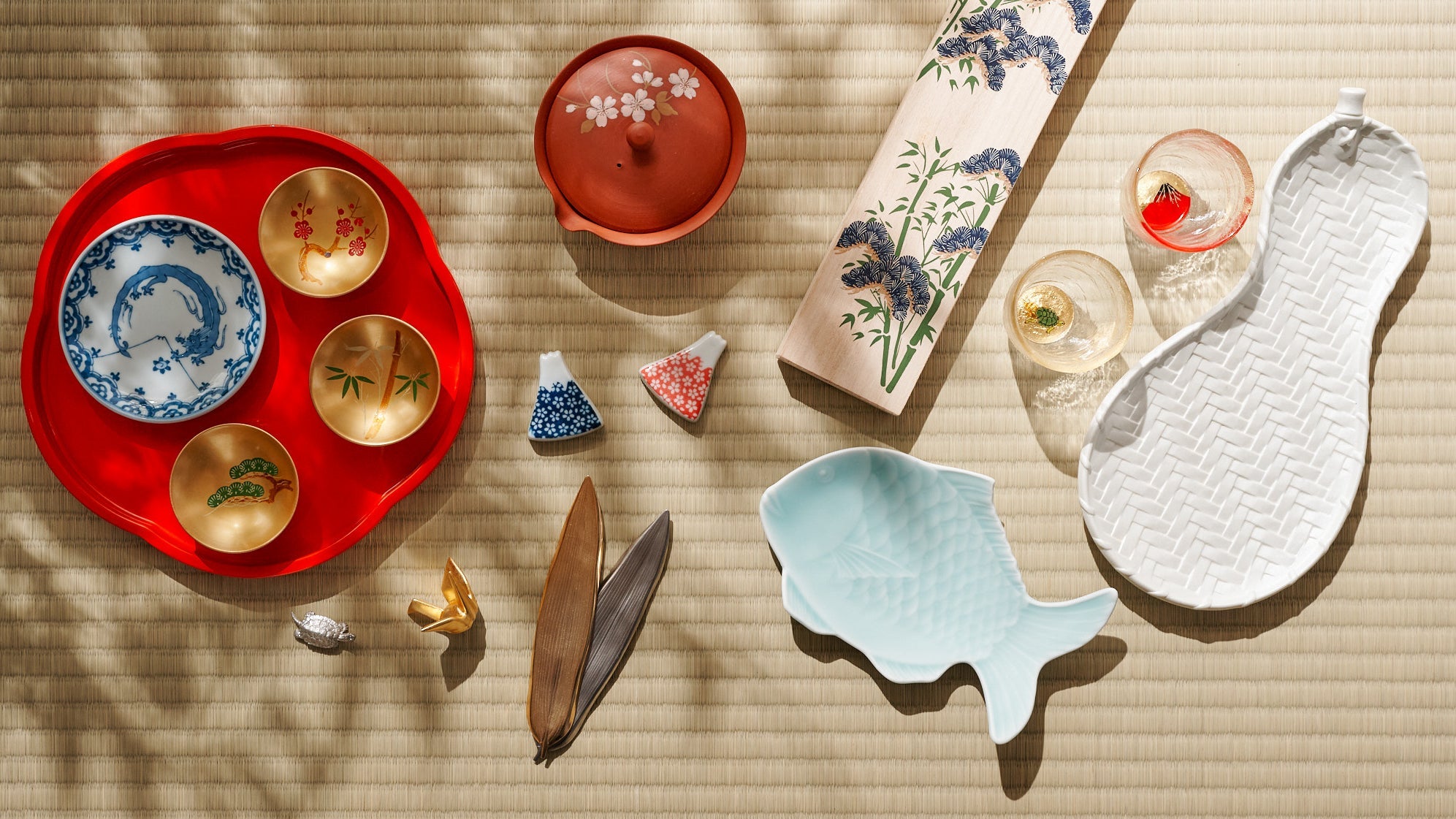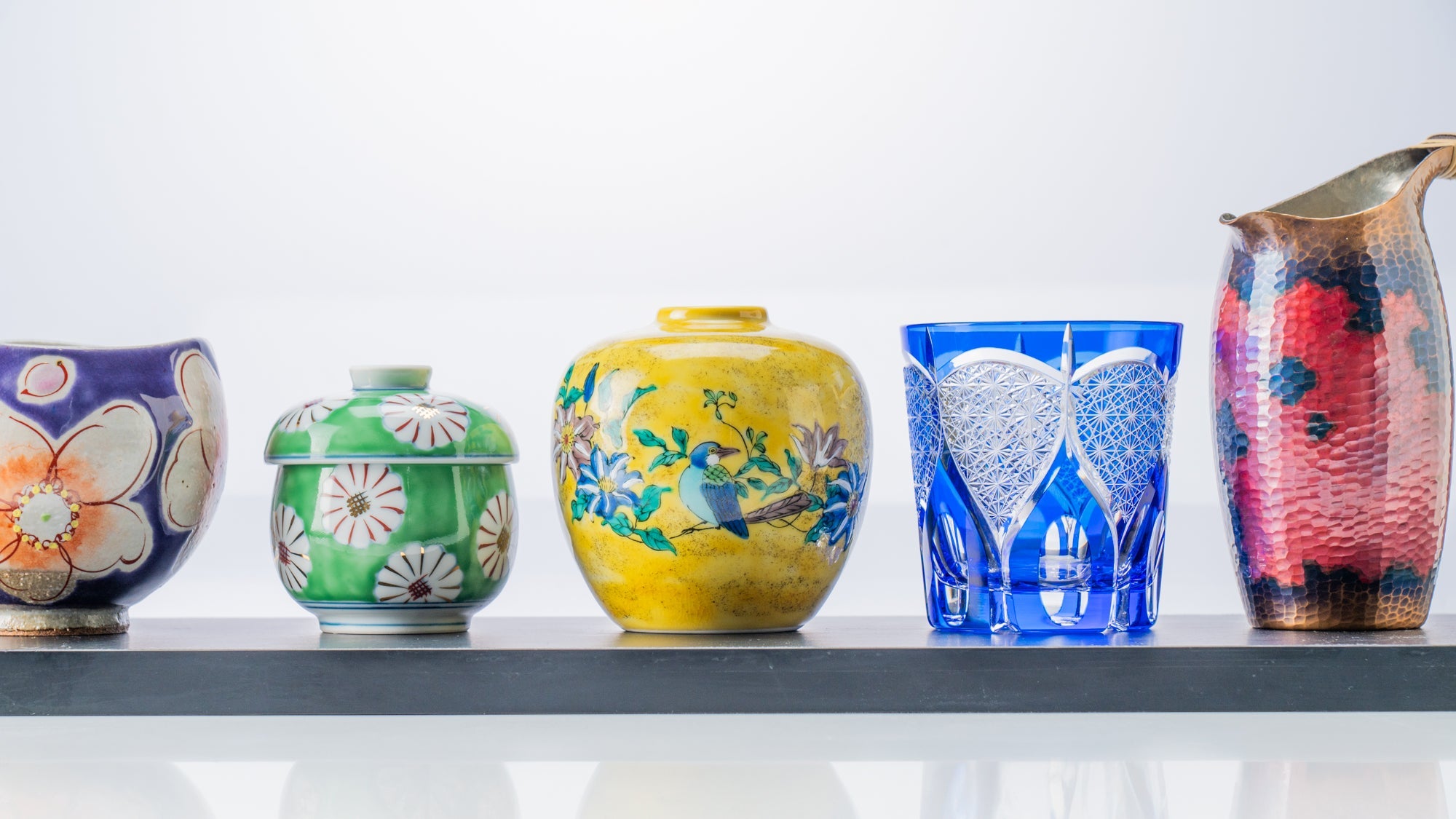
Omotenashi: Japanese Hospitality with Heart
De Team MUSUBI
As the season of gatherings and giving approaches, Japan offers a timeless reminder that true hospitality begins long before the door opens or a gift is unwrapped. The Japanese art of omotenashi is more than gracious hosting—it’s an attentiveness that flows into every gesture, from the way a guest is welcomed to the quiet details that make them feel at ease.
Rooted in sincerity and awareness, omotenashi transforms ordinary exchanges into acts of connection. To host with heart, or to give with thought, is to honor not just the occasion, but the person before you.
Table of contents
What Is Omotenashi?
The word omotenashi, often known as “wholehearted hospitality,” carries a depth that goes beyond polite service. It comes from motenasu, meaning “to accomplish something through things and heart.” It expresses the Japanese idea of offering thoughtful hospitality—using both care and consideration to create satisfaction for the guest.
To practice omotenashi is to give attention before it is asked for, to prepare, anticipate, and respond with thoughtfulness so seamless it seems effortless. Whether it’s the warmth of tea waiting on a winter day, the placement of a cushion to catch the afternoon light, or the simple act of listening fully, each gesture carries respect for the person before you. This is omotenashi no kokoro—the spirit of hospitality from the heart.
This spirit finds its most refined expression in the Japanese tea ceremony. Sixteenth-century tea master Sen no Rikyu (1522–1591 CE) shaped his philosophy around the idea of ichigo ichie—“one time, one meeting.” Every gathering, he believed, is a once-in-a-lifetime moment, deserving the host’s full sincerity.

For a single tea ceremony, a host might spend months choosing the right bowl, flowers, scroll, and sweets, each selected with sensitivity to the season and the guest’s presence. Every detail, every pause, exists to create a sense of calm and connection. Even the act of preparing tea before the guest carries meaning: nothing is hidden, and every motion reflects genuineness and care.
How Omotenashi Is Expressed in Japan

In Japan, omotenashi is not reserved for formal occasions; it breathes quietly through everyday life. You feel it the moment you step into a shop and are greeted not by rehearsed cheerfulness, but by a genuine sense of welcome. Shop attendants bow slightly, their tone calm yet warm, offering assistance without intrusion. Shelves are immaculately arranged, packaging carefully folded, and even the smallest purchase is handed over with both hands. This attention is not performative; it’s rooted in the belief that respect should be woven into every exchange.
At restaurants, a warm oshibori (wet towel) is presented before the meal, inviting guests to pause and refresh. The dishes reflect the season—a plate adorned with spring’s soft pink petals, a bowl glazed in the deep hues of autumn. In a ryokan (traditional Japanese inn), slippers are placed facing the guest, tea and sweets await in the room, and the evening bath is drawn to the perfect temperature. Even outdoors, this sensibility lingers: station attendants guide travelers with precision.

Every gesture, whether small or ceremonial, carries the same intention: to make another person’s experience just a little more pleasant, a little warmer. That, at its heart, is omotenashi: the art of seeing before being seen, of giving without display, and of finding grace in simple care.
Omotenashi at Home

At home, omotenashi takes shape through thoughtful preparation, small acts of care that begin with awareness. We practice it when we host—especially at year’s end, when gatherings carry memory and meaning. The aim is simple: shape an experience that feels considered from the moment a guest approaches your door to the moment they leave. Below are thoughtful, practical tips to “host with heart.”
Prepare the Space Before Your Guests Arrive
Set the tone with calm order and a clear path of welcome. Tidy entryways, set a small stand for bags and coats, and warm the lights to a gentle glow. Add a seasonal note, a sprig of evergreen, a single winter bloom, or a small stick of incense. These gentle cues say, “You are expected.”
For a soft accent, place a single flower in the Goma and Sangiri Eared Single Flower Vase. Its slender form and ear-like handles draw the eye without demanding attention, while the natural tones of Bizen clay bring a grounded warmth to the space. A single seasonal bloom or branch within it offers a moment of stillness—a simple gesture that welcomes guests with grace.
Place a lucky cat, or maneki neko, at the entryway to extend the sense of hospitality. The Dotted Gold Lucky Cat, with its white base and delicate gold accents, instantly brightens a space. Its gentle eyes and endearing expression bring an undeniable warmth, one that invites smiles. There’s a lighthearted charm in its design, yet also a refinement that allows it to blend naturally into both traditional and modern interiors.
Setting the Table and Serving with Intention
A table set with care is an act of omotenashi, expressing thoughtfulness before a single word is spoken. Every element, the placement of a plate, the choice of utensils, the balance of color and texture, reflects awareness of the guest’s comfort. Choose pieces that invite both touch and conversation, blending beauty with function to create a setting that feels considered.
Begin with the Moonlit Ocean Chopsticks, whose lustrous surface captures the soft glow of the night sea. The inlaid abalone and eggshell shimmer like distant stars reflected on water, while the natural wood base offers warmth in the hand. Each pair feels balanced and substantial, turning a familiar utensil into an expression of refinement.
To accompany them, bring a touch of playfulness with the Sea Creature Sakazuki Sake Cups. Pouring sake reveals tiny sculpted fish and shells at the bottom of each cup, figures that seem to swim to life beneath the liquid. Their festive red finish and hand-painted details spark delight and conversation, a reminder that hospitality also lives in joy.
Prepare for Comfort
Small acts prevent small inconveniences. Keep extra napkins and spare utensils within easy reach. If children or elders are present, arrange seating that’s easy to access and a dish that’s easy to eat.
Close with Grace: The Send-Off Matters
Endings leave a lasting impression, as in the spirit of omiokuri, the Japanese custom of seeing guests off with care. Offer a warm cup of tea before guests put on their coats, and walk them to the door with a few kind words. If the evening was a celebration, send them home with a small token of appreciation. A brief message the next day, thanking them for the time shared, completes the circle of care.
To host with heart is to recognize that every gathering, no matter how small, carries the potential for connection. The art lies not in elaborate gestures or flawless settings, but in awareness: noticing what will bring comfort, preparing for it, and offering it without expectation.
In those moments of giving and receiving, we practice more than etiquette; we express gratitude for others and for the time shared. That is the true spirit of omotenashi: a generosity that lingers long after the door has closed.













Dejar un comentario
Este sitio está protegido por hCaptcha y se aplican la Política de privacidad de hCaptcha y los Términos del servicio.